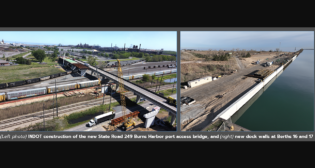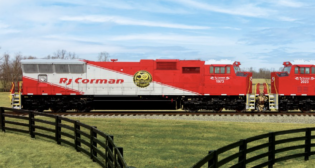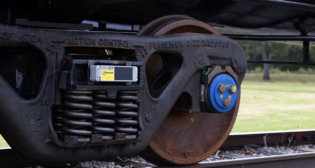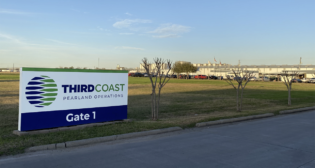
TD Cowen Insight: Freight Traffic, Railcars, Trade Tensions
Written by Jason Seidl, Matt Elkott, Elliot Alper and Uday Khanapurkar, TD Cowen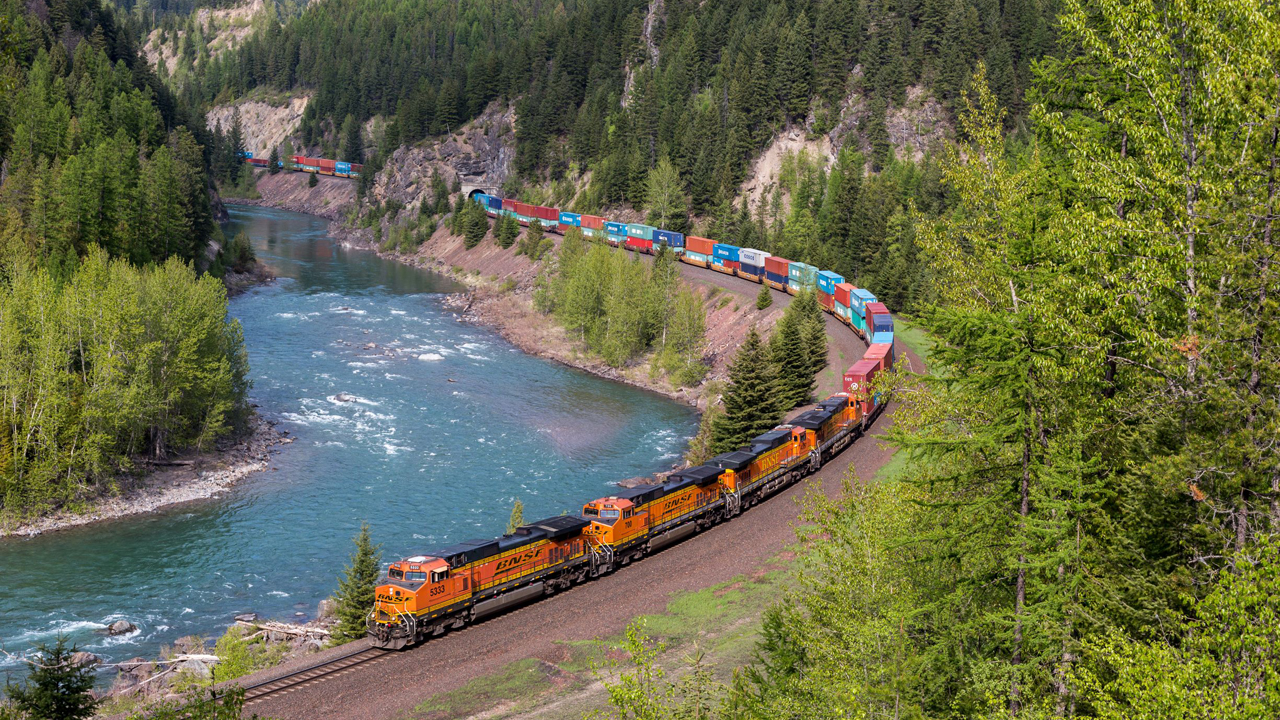
BNSF photo
Carloadings fell short of our expectations as a slow start to ‘23 volumes took hold in Q1 despite easy comps. Intermodal continues to pressure the group, given loose capacity and a lull at the ports. We expect the railroads to address safety precautions following derailment headlines, though we do not expect any material changes to capex. Diesel should be a sizeable tailwind in Q1. Tightness continues across a wide array of railcars, with a few exceptions such as centerbeams, which are tied to housing, and intermodal, tied to consumer. We expect an 11th consecutive quarterly improvement in spot rates in 1Q and positive guidance in leasing. Manufacturing inquiries are largely unchanged, with a few pockets in which tightening credit is hindering the translation into orders.
RAIL PREVIEW: A SLOW ROLL FORWARD
North American rail volumes year-to-date continue to track below pre-COVID levels (2019), as a slow start to 2023 leaves carloadings down 3.3% as of Week 12. While telegraphed through 4Q earnings that volumes are expected to be more of a 2H story, 1H 2023 comes with easier comps and improving service metrics that haven’t been demonstrated in carloadings data to date. The weakness is led by intermodal, which is down 9.4% YTD and down 13.0% the past four weeks, as excess capacity in over-the-road has worsened intermodal performance as we moved through the first quarter. An absence of a dry van spot rate bottom suggests that pressure on intermodal markets should persist, though we do not think the current rate environment can continue for too much longer. Weak import data from the ports has also pressured international intermodal operations.
We lower our 2023 volume assumptions while leaving our 2024 assumptions intact until 1Q is reported to gain more insight into rail outlook after a soft start to the year. We believe that diesel should be a sizable tailwind in 1Q for the railroads, given the fuel surcharge lags. We expect the rails to address safety precautions following the East Palestine derailment, though do not expect any material changes to capex in 2023.
Norfolk Southern’s derailment in East Palestine, Ohio, and the resulting spill of hazardous materials has attracted a great deal of public and regulatory scrutiny in 1Q, and the Class I has been burdened with notable costs of cleanup and community support this quarter. We expect NS to incur $35MM-$75MM in total costs related to the derailment. Discussion with management indicates that costs will likely exceed the $35MM expense incurred in the aftermath of the Graniteville derailment in 2005, mainly on account of inflation.
To date, NS reports having offered $28MM in community support to East Palestine. Management highlights that NS has $1B in insurance coverage for hazardous material spills, and says that the Ohio derailment is covered. Investors should note we expect NS to adjust any uncovered costs out in non-GAAP numbers and therefore do not model any incremental costs in the quarter.
RAIL EQUIPMENT EXPERT PANEL
Our expert panelists described continued favorable demand conditions and supply tightness across a wide spectrum of freight cars, including aggregates, coal cars, plastic pellets, grain cars, autoracks, and boxcars. Tank car lease rates are showing incremental strength for certain end markets like chemicals. Tank car qualification and maintenance are likely to continue to contribute to supply tightness for the foreseeable future, although tank car fleet utilization statistics might show the opposite optically, as cars are taken out of service for inspection.
Manufacturing inquiries remain solid, although recent credit tightening at financial institutions may be slowing the translation into orders in some cases. Even so, our panel did not appear to expect a major drop in industry orders from the 11,525 units reported in 4Q. Another risk to the inquiry-to-order translation is the industry’s ability to respond to demand fully and in a timely manner, since lead times stretch out several quarters in most cases. Similar to the takeaways from our January call, access to manufacturing labor remains constrained across North America, while components appear to have eased somewhat and now constitute a distant second on the disruptions list.
The still-solid demand for railcars coupled with production challenges and tightening credit should be supportive of the ongoing lease rate momentum. We expect an 11th consecutive sequential quarterly rise in spot rates in 1Q. As for the secondary market, the lease rate strength appears to be offsetting much of the negative impact from high interest rates, keeping valuations elevated, although some easing has occurred in certain pockets. We would be unsurprised if some asset owners deem this a particularly opportune window to sell before any upcoming debt raise needs and while valuations remain elevated.
Our panelists noted that service improvement alone may not be enough to give the rails significant modal share gains, unless the carriers are willing to reestablish the type of dedicated intermodal lanes they had before widespread PSR implementation. Barring such a commitment, truckload rates and diesel prices should continue to be top factors in modal distribution. On the locomotive front, the modernization cycle is unlikely to be interrupted by a mild economic downturn, according to one of our expert panelists.
U.S.-MEXICO TRADE TENSIONS
We asked our rail equipment expert panelists about Mexico’s contemplated ban on GMO corn imports. While most of the panelists did not have strong opinions on the subject given that it is outside their areas of expertise, we did not sense a great level of concern that a ban would materialize. However, there was a bit of unease about U.S.-Mexico trade relations in general, given the corn dispute and the Vulcan (VMC – Not Rated) confrontation in March. The materials company is now said to be mulling legal action against the Mexican government, which allegedly facilitated illegal entry by Cemex into Vulcan’s Punta Venado cement terminal on March 14.
On the corn dispute, the U.S. and Mexico had until April 7 to reach an agreement before the U.S. might consider filing a complaint under the USMCA. On an ag expert call, Dr. Michael Langemeier noted that if the unlikely ban materializes, U.S. producers would be able to accommodate, although that would require a switch, incurring additional costs, but at least partly offset by a higher crop price for farmers.

